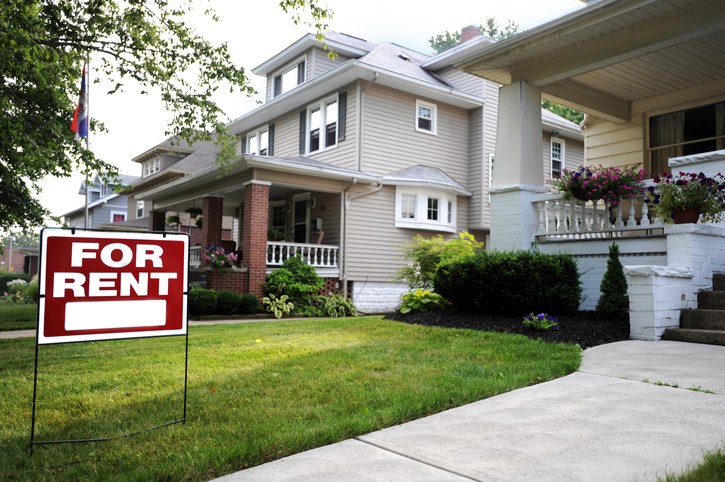Renters’ insurance pitfalls to avoid
Understanding renters’ insurance is important for landlords and renters.
To help you get the best results no matter what your relationship to a rental property, take care to avoid some the renters’ insurance pitfalls in this post.
Thinking you do not need to worry about renters’ insurance
Many renters go into the rental process assuming that their landlord’s own policy on the property will also protect them. In fact, a landlord’s insurance policy will not cover a tenant’s personal property, including anything stolen from their unit.
A tenant’s renters’ insurance is valuable to the landlord in the case of needing to sue the tenant for damages. For example, if a tenant causes a fire that injures others in the building and causes significant damage to the property, the landlord may be sued by the other tenants and in turn need to sue the tenant who caused the fire. A tenant without insurance will be unlikely to cover the expenses involved.
Renters’ insurance is a requirement in a lease
Every landlord should require their tenants to carry renters’ insurance. When a tenant presents proof of insurance, you should note when the term of the policy ends and if they are paying monthly, quarterly etc. If they are not paying for the full term up front, you may want to ask that they present proof after each payment is made. If they are paying the full term up front, you will want to check in at the end of the term to get proof of renewal.
Not offering information to tenants
Make it as easy as possible for potential tenants to take out renters’ insurance by keeping insurance brochures for various policies or offering them the card of an insurance broker you trust.
Believing that renters’ insurance will cost too much
Renters’ insurance is very affordable, and most plans will allow you to pay on a monthly or quarterly basis.
To get information for your tenants or to find the policy that works best for you, contact an experienced insurance broker.
